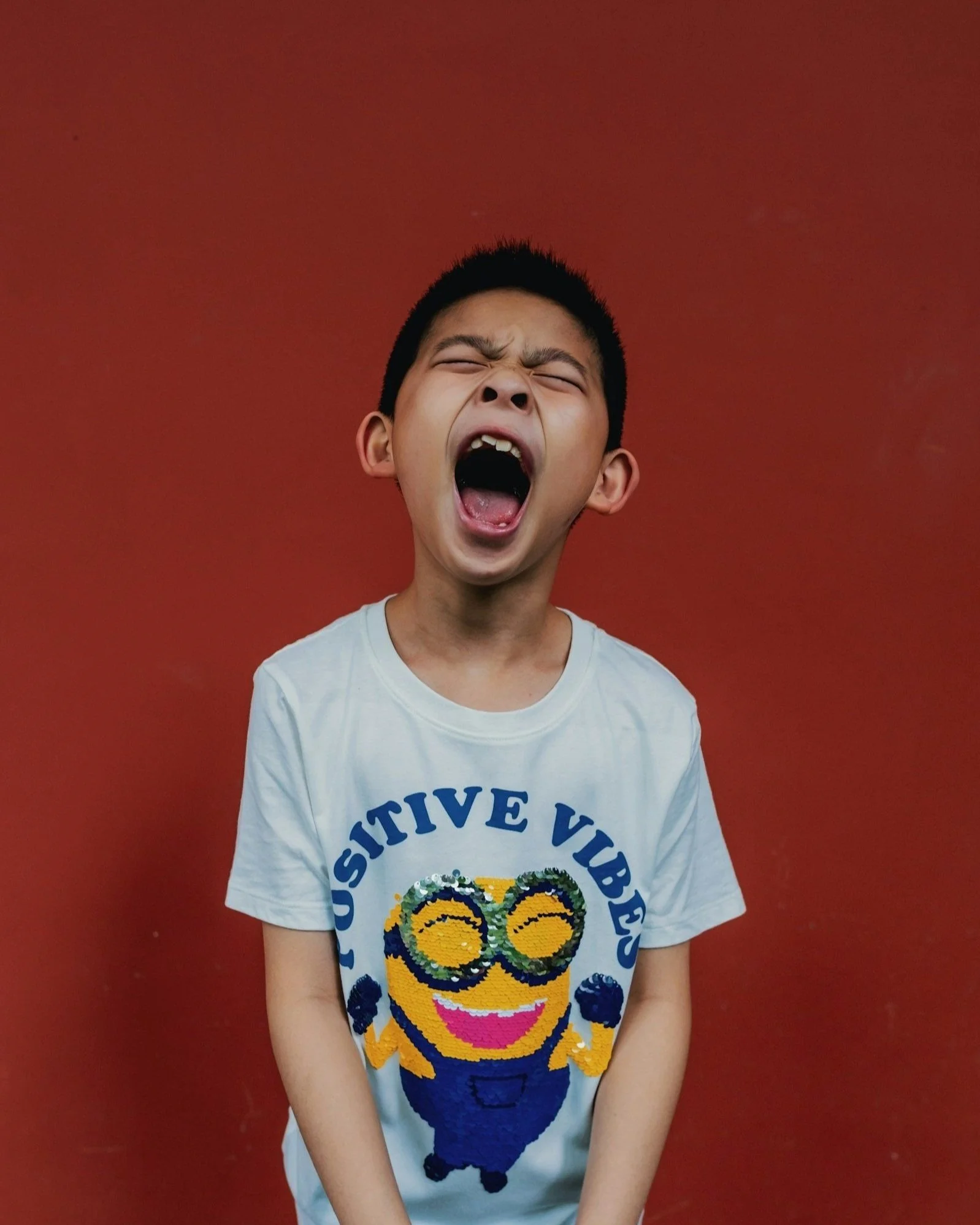Concerning Behaviours
What do we mean by concerning behaviours?
Dr. Ross Greene, a clinical child psychologist and developer of the Collaborative and Proactive Solutions (CPS) approach, suggests that concerning behaviors in children are the behaviours a child displays when they are struggling to meet the demands and expectations placed upon them. He emphasizes that these behaviors are not deliberate but stem from lagging skills in areas such as flexibility, adaptability, emotion regulation, frustration tolerance, and problem-solving.
In child psychology, the terms "lucky" and "unlucky" behaviors describe how children’s way of communicating their difficulties or distress impacts how the adults around them respond. This concept, associated with Dr. Ross Greene's work, highlights that children's behaviors are often interpreted differently based on their expression, affecting the support they receive.
Don’t worry about sounding professional. Sound like you. There are over 1.5 billion websites out there, but your story is what’s going to separate this one from the rest. If you read the words back and don’t hear your own voice in your head, that’s a good sign you still have more work to do.
Be clear, be confident and don’t overthink it. The beauty of your story is that it’s going to continue to evolve and your site can evolve with it. Your goal should be to make it feel right for right now. Later will take care of itself. It always does.
Young boy covering his face with his hands hiding his feelings
Lucky Behaviors
Children exhibiting "lucky" behaviors express their struggles in socially acceptable ways, such as whining, sulking, crying, or withdrawing. These behaviors are typically met with empathy and support from adults. Such children are often perceived as needing comfort, leading to nurturing responses.
Unlucky Behaviors
Sometimes, however, children may exhibit, "unlucky" behaviors which involve more disruptive actions like screaming, swearing, hitting, kicking, or spitting. These expressions of distress are less likely to elicit compassionate responses and may result in punishment or exclusion. Children displaying these behaviors are often misunderstood, with their actions seen as intentional misbehavior rather than signs of underlying challenges.
Young boy standing facing the camera with his eyes closed and mouth wide open in a scream.
Implications
This distinction underscores the importance of interpreting all concerning behaviors as signals of unmet needs or lagging skills. By adopting a compassionate and understanding approach, caregivers can better support all children, regardless of how they express their difficulties.



